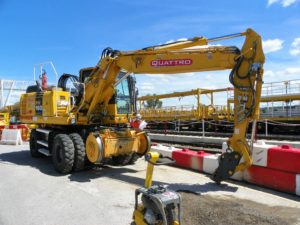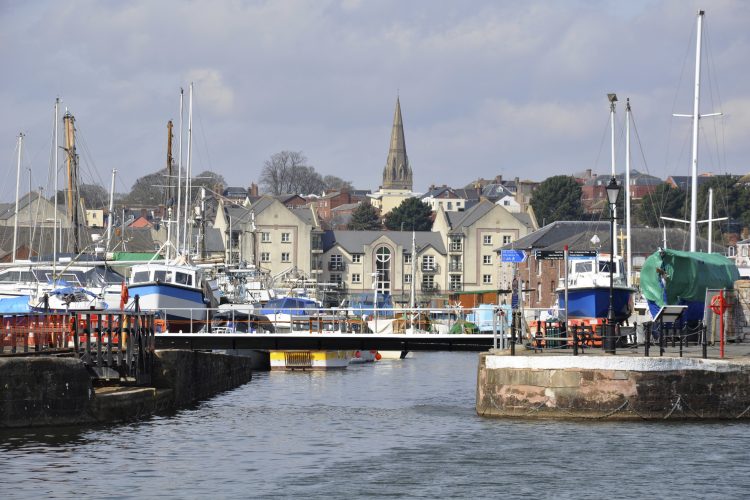CFCM and new partner Ecomar Propulsion win Sustainable Innovation Fund grant for clean marine mobility.
CFCM partners with Ecomar Propulsion and continues their success in winning funding for clean propulsion, with the award of funding from The Sustainable Innovation Fund. The grant will fund a technical feasibility study for the rapid electrification of marine power systems for commercial marine vessels.
Many vessels work close to shore each day: ferrying passenger to and fro, carrying cargo, servicing wind turbines, or responding to emergencies. Regulation will come in to effect in coming years to make our ports and seas cleaner. At some point in the future, sooner or later, fossil fuel powered vessels will not be allowed to operate in many ports and on waterways near urban centres. Therefore, the marine industry needs a solution for rapid, cost effective and efficient switch over to electric propulsion which promotes a de-carbonised, cleaner and ecologically secure environment.
This project will design a UK-manufactured clean propulsion system, capable of hybrid function with hydrogen and pure electric fuels. If successful, this feasibility study will lead to the development of a prototype, then on to full-scale manufacture and the commercialisation of clean propulsion systems for large vessels.
Success brings prospects of new high value, green economy jobs and technical skills fit for the new century to the South West. Green initiatives like this are designed to grow the future economy, and enable a sustainable and profitable recovery for the marine businesses which have been profoundly impacted by COVID-19.
“We have set a target of reducing CO2 emissions by one million tonnes in the next ten years and this award helps us to achieve that ambition,” says Eugene Bari, Director of Ecomar Propulsion. “The climate emergency is the most pressing issue facing our world and future generations. There is an urgent need to reduce the massive, unseen pollution from ships. By investing in a clean technologies and by working with Innovate UK and the CFCM we aim to provide answers to some of the industry’s most compelling problems.”
The University of Exeter’s CFCM will help Ecomar Propulsion to design and optimise a commercially-viable electric and hybrid powertrains for marine applications. CFCM has a wealth of experience in this field, being one of the partners who are working on the electrification of the UK’s first zero-emission passenger ferry with Plymouth Boat Trips.
Professor Chris Smith, Director of CFCM, says, “This project fits perfectly with our plans for the future of zero emissions vehicles and vessels, alongside our other projects. It leverages our expertise gained from many cross sector projects on clean mobility.”
This new opportunity for UK innovation will help broaden the UK’s green supply chain and will put the UK and the South West at the forefront of the “Road to Zero” industrial strategy.




